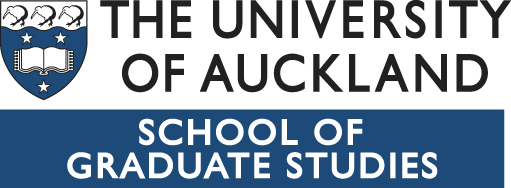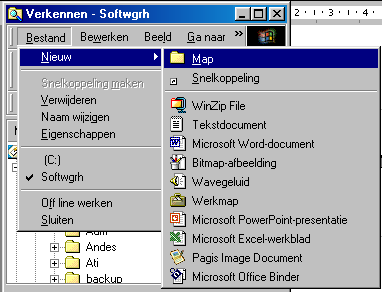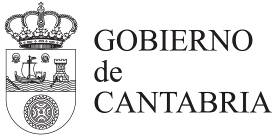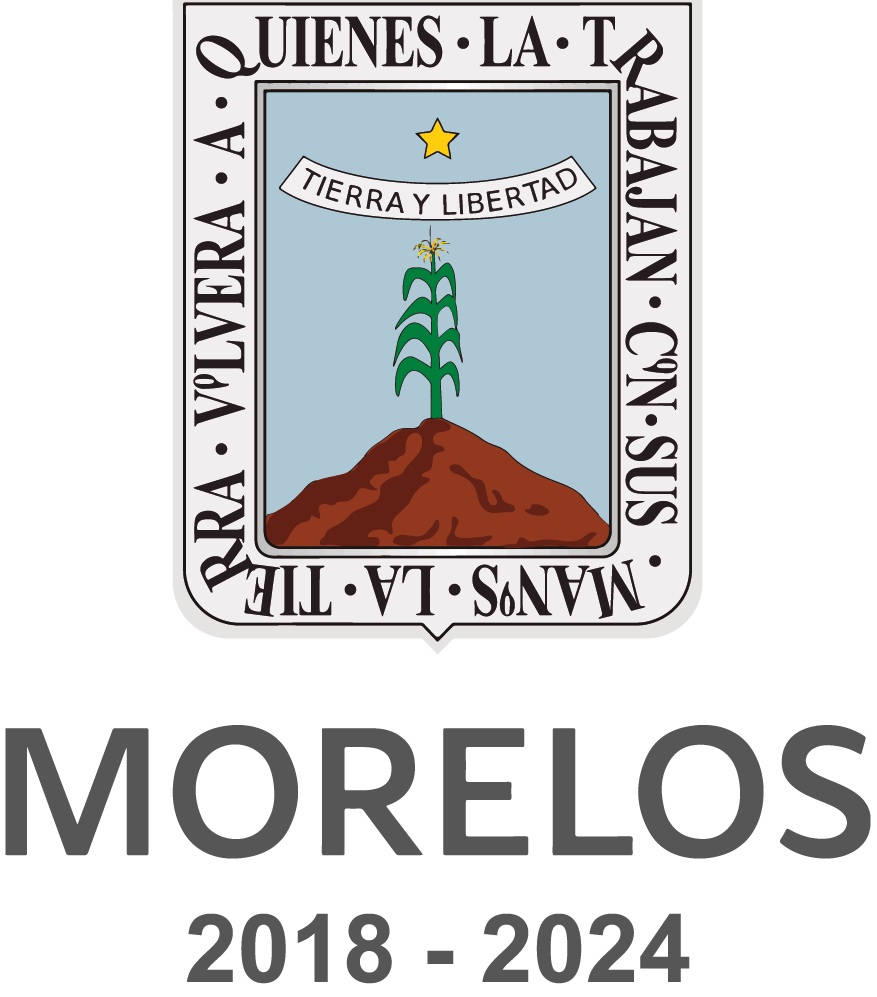DEALING WITH THE MEDIA IN THE EVENT
APPENDIX E GUIDELINES FOR MANAGERS DEALING WITH ALCOHOLDEALING WITH DAMP CONDENSATION AND MOULD GROWTH IN
DEALING WITH THE MEDIA IN THE EVENT
7 C’S OF DEALING WITH DIFFICULT MEMBERS COMPLIMENT DIFFICULT
ACI DEALING SIMULATION KUALA LUMPUR MALAYSIA DAY ONE –
ADOLESCENT PERSPECTIVES ON DEATH WHY IS DEALING WITH DEATH
DEALING WITH THE MEDIA
DEALING WITH THE MEDIA
In the event of any accident / incident, the media may request comment or information. The media should be provided with the minimum of factual information. Avoid giving personal opinions. Contact should be made via the Centre Manager (or senior staff member if Centre Manager is unavailable), who will contact Richard McCormick in the SNI, or a SNI Director.
If reporters arrive at the Centre, bring them to a room away from students using the Centre (dining room or navigation room). Consider the management of the rest of the Centre at these times. It is imperative that tight control be maintained, and information not released to the Press, beyond what is absolutely necessary. Contact must be made with the Centre Manager or a Director of SNI who will contact SNI (Richard McCormick). The Centre Manager (or Director of SNI if Centre Manager is not available) may prepare a brief but accurate press release. This must be approved by, and released via Richard McCormick (if possible) or a Director of SNI to anyone requiring information. All contact details are included in Appendix 2 at this Handbook.
Do not answer questions. It is important to ensure that staff are aware who is authorised to speak on the matter. This will be the Centre Manager or senior staff member. An example of a press statement is outlined below.
It is important to remember that members of the press do always declare themselves.
Students
It is advisable to ask students not to discuss any incidents with the press. Consider all students who ay not have been directly involved, but may be aware of any details. It may be useful for the Centre Manager or senior staff member to brief all students in the Centre at one time.
Press Release Example
On Friday 4th January a group of 4 Tollymore National Outdoor Centre students were walking near Eagle Mountain, in the Mournes. A very experienced member of Tollymore’s Part Time staff was leading the group. At approximately 2.30 p.m., one of the group members slipped. While first-aid was being administered, her condition deteriorated. The emergency services were contacted. The student was evacuated to hospital by helicopter. The other members of the group returned to the Centre safely.
The student is receiving treatment and no other details are available.
Trevor Fisher
Centre Manager
4th January 2011
EMERGENCY IN THE FIELD
Instructors may chose to carry a VHF radio and / or a mobile phone on activity. VHF Radio / mobile phone coverage in the Mournes varies in quality. VHF coverage is generally ‘line of sight’ i.e. if you can see where you are trying to contact, you should be able to make contact. However, VHF coverage in areas of the ‘High’ and western Mournes can be limited. There are a number of options when trying to make contact beyond your immediate area:
Try the ‘Private Tollymore channel – Channel 2. This channel is purely for use by Tollymore National Outdoor Centre and will be useful if there are people in the Centre or on the hill with a radio.
Try the ‘Inter Centre Channel’ – Channel 3. This channel may be monitored by other Centres in the Mourne are and you may be able to make contact on this with other Centres if they are scanning all channels.
In potentially life-threatening emergencies, the Marine channel 16 (Channel 8 on Tollymore Radios) may be used, but after contact is made, switch to ‘Working Channel 37’, which is channel 7 on the Tollymore radios.
When the radios are turned on, ensure that you only transmit on the Tollymore Mountain Centre private channel, unless you specifically need to use another channel. If the radio is kept on channel 1 (Scan) you will be able to monitor conversations on all channels.
If it is not possible to make contact with a VHF, try using a mobile telephone, if you have one. Coverage is variable in the Mournes.
It is recognised that most part time members of staff have personal mobile telephones. It may be useful to carry a mobile telephone on activities, particularly when on courses where there is no direct VHF contact available. Should staff need to use a personal telephone in connection with Tollymore National Outdoor Centre work, the full cost will be re-imbursed.
Laminated ‘Contact Detail’ sheets are available to take. They are stored beside the radios in the stores.
In the event of an emergency, call ‘999’ and ask for ‘Mountain Rescue’, ensure that you have all relevant details to hand, such as location, condition of casualty, injury (if known), number in party etc….
Major Accident / Emergency
In the event of a major accident/emergency the Course Instructor shall:
Declare an emergency;
Administer appropriate First Aid;
Assess the situation for the most appropriate plan to get any casualty to a medical centre or contact emergency services as soon as possible; and to get the rest of the group to safety.
Contact the Duty Manager as soon as possible.
The basic options are:
Abandon the course and take the entire group to safety by the most appropriate escape route and contact the Centre.
Contact the emergency services as soon as possible where medical or other assistance is required.
Where the person injured is the sole Instructor, course participants shall abandon the course and attempt to contact the emergency services and Senior Staff Member as soon as possible.
The staff member involved should complete the accident book as soon as possible on his / her return to the Centre.
EMERGENCY ON THE ROAD
Where an accident occurs on the road, the first consideration shall be for the safety of the occupants of the vehicle(s) involved. First Aid shall be applied as for accidents in the field (see above). In addition the following shall apply where another party is involved or passengers have sustained serious injury:
The Course Instructor shall contact the police, if they are not already on the scene.
Contact the Duty Manager as soon as possible.
The vehicle should not be moved unless it is liable to cause a further accident.
The driver shall not admit any liability for the accident.
The Course Instructor/driver shall give the following details to other drivers involved:
The vehicle's insurance certificate details;
The driver's name and address;
The name and address of the Centre;
SNI Insurance Policy number for vehicle.
The Course Instructor/driver shall obtain:
The names and addresses of any individuals involved in the accident;
The registration numbers of any other vehicles involved;
The names of their insurers;
The numbers of their insurance certificates;
The names and addresses of any witnesses to the accident.
Details shall be forwarded to SNI.
The staff member involved should complete the accident book as soon as possible on his / her return to the Centre.
Individuals’ Accounts of an Incident
Below is a checklist of the information that should be included in a written account of the incident. A written account should be obtained before individuals leave the centre. Staff or other individuals who may be able to contribute to the overall knowledge of the incident can use this checklist. This checklist is an aide memoir, not a procedural document. The individuals’ account may be written at a later stage in their own words.
Try to include the following details:
Location
Brief description of incident
Names of other involved
Timescales, if known
Weather conditions (attach weather forecast if applicable and available)
Nature of injury (if relevant and if known)
Course title
Number in group, names and other details
How incident happened
What did you do during the incident? Why?
Details regarding contact with Emergency Services
How the rest of the group was dealt with
Any other relevant information.
It is difficult to plan for all eventualities, so please ensure that anything that you think may be relevant is included in the report.
Dealing with the hospital
Contact the hospital with the following information:
Name of casualty
Additional Information that is available e.g. any declared medical condition
Keep in contact with the hospital
If a minor is involved, take a copy of contact details of parent or guardian.
Contact with next of kin
Contact the next of kin when you are sure of the identity of the casualty and when you have a relatively clear picture of the incident and possible outcome. Attempt to consult with the Centre Manager before doing this. In the case of a fatality, it is the role of the police to contact the next of kin.
|
Updated
|
17. Dealing with the media – V.1 |
AGREEMENT FOR COOPERATION IN DEALING WITH POLLUTION OF THE
ANNEX B IDT’S INQUIRY IN RELATION TO DEALING IN
ARRANGEMENTS FOR DEALING WITH STANDARDS ALLEGATIONS UNDER THE LOCALISM
Tags: dealing with, 17. dealing, media, event, dealing
- Walter d Mignolo Geopolítica del Conocimiento y Diferencia Colonial
- 25 MEDICÍNA A TRESTNÍ PRÁVO TRESTNÍ ZÁKONÍK
- FORSKNINGSTRÆNING OPGAVEFORDELING REGION NORD 2015 YNGRE LÆGERS OPGAVER I
- A PÉCSI TUDOMÁNYEGYETEM KÖZGAZDASÁGTUDOMÁNYI KARA TUDOMÁNYOS DIÁKKÖRÉNEK SZERVEZETI ÉS
- RISIKOVURDERING – BARNAS TURLAG DNT TELEMARK MED LOKALLAG
- L FORMAT PAYSAGE EN A5 (148 21) MARGES
- NECESITATEA AMBALARII SI A FIXARII PRODUSELOR IN VEDEREA TRANSPORTULUI
- AYUDAS A LA ADQUISICIÓN DE VIVIENDAS CON PROTECCIÓN PÚBLICA
- A FOR OFFICE USE ONLY LICENSE NO ISSUED TYPE
- L’EUROPA NELLA NOSTRA PROVINCIA GIORNATA INFORMATIVA SUL PROGRAMMA EUROPA
- TOAST TO TOGETHERNESS TERMS & CONDITIONS INTRODUCTION 1 BY
- TOSHIBA SATELLITE 1200 HOW TO TAKE APART LAPTOP STEP
- BASIC USABILITY PRINCIPLES –QUIZ 1 HTTPWWWHUMANFACTORSCOMDOWNLOADSUSABILITYQUIZASP 1 THE BASIC
- MINISTERIO DE SANIDAD DELEGACIÓN DEL GOBIERNO PARA EL PLAN
- MASTICATION PRESENTATION DETAILS SLIDES 13 DURATION 001330 PRESENTER DETAILS
- THE VIRGIN AND THE CHILD ON THE THRONE THE
- PROGRAM SREČANJA SPK OB OBISKU PREDSEDNIKA DZ G VEBRA
- THINK LITERACY CROSSCURRICULAR APPROACHES GRADES 712 TEACHERLIBRARIANS BACKGROUND IN
- AJAS SUBMISSION CHECKLIST FOR AUTHORS PLEASE BE SURE TO
- PHASE HAZARD ANALYSIS (PHA) SUBMITTAL A PHASE HAZARD ANALYSIS
- UNIVERSIDAD JOSÉ CARLOS MARIATEGUI MOQUEGUA AV EJERCITO MZ N
- BADANIE BENCHMARKINGOWE OBSZAR BADAWCZY 2 JAKOŚĆ NAPIĘCIA SUKCES BADAŃ
- Pravila in Režim Ribolovne Dovolilnice – Ujemi in Spusti
- BONES THEATRE 655 N OPPORTUNITY DRIVE COLUMBIA CITY IN
- APPENDIX 1 KENNEDY VIETNAM AND THE PRESS THE “NEWS
- HUMAN RESOURCES BRANCH ADVICE NO 0213 25 JUNE
- ZAŁĄCZNIK NR 2 DO REGULAMINU MAŁOPOLSKI KONKURS „MAM ZAWÓD
- CURRICULUM VITAE (CV) COMPLET INFORMATIONS REQUISES EXEMPLE IDENTIFICATION
- MINISTERIO DE VIVIENDA Y ASENTAMIENTOS HUMANOS CUESTIONARIO SOBRE
- PROTOCOLO DE EXPERIMENTO EFECTO DE ANESTÉSICOS LOCALES SOBRE LA
COMMISSION ON SCHOOL ACCREDITATION 20212022 SCHOOL YEAR CONGRESSIONAL DISTRICT
 PÀNIC I DESORDRE LA MALEDICCIÓ D’AZ HA CAIGUT DAMUNT
PÀNIC I DESORDRE LA MALEDICCIÓ D’AZ HA CAIGUT DAMUNTREVIEW ARTICLE PERIODONTAL VACCINE WILL THE DREAM EVER COME
 SUPERVISION TOOLS FOR SUPERVISORS AND STUDENTS POSTGRADUATE RESEARCH SUPERVISION
SUPERVISION TOOLS FOR SUPERVISORS AND STUDENTS POSTGRADUATE RESEARCH SUPERVISION Companies Bill 2008 Submission From the Public Investment Corporation
Companies Bill 2008 Submission From the Public Investment CorporationCURRÍCULUM ALEJANDRO BOTUBOL BOLAÑOS CÁDIZ 1979 VIVE Y TRABAJA
 IV SIMPOSIO SOBRE APRENDIZAJE COOPERATIVO ENSEÑAR A APRENDER EN
IV SIMPOSIO SOBRE APRENDIZAJE COOPERATIVO ENSEÑAR A APRENDER EN JAGD – HEGE – NATURSCHUTZ INFORMATIONSDIENST LANDESJAGDVERBAND BADENWÜRTTEMBERG
JAGD – HEGE – NATURSCHUTZ INFORMATIONSDIENST LANDESJAGDVERBAND BADENWÜRTTEMBERGIN COMPANY QUICK PLACEMENT TEST NOTES TO THE TEACHER
SPITALUL JUDETEAN DE URGENTA SLATINA REGULAMENT DE ORGANIZARE SI
WORKI DO SEGREGACJI ODPADÓW WOREK ZIELONY (SZKŁO)120 L WRZUCAMY
 COMMISSIONERRECOMMENDED STUDENT PERFORMANCE DOMAIN WORKSHEET (UPDATED JANUARY 2015) (TO
COMMISSIONERRECOMMENDED STUDENT PERFORMANCE DOMAIN WORKSHEET (UPDATED JANUARY 2015) (TO INHOUDSOPGAVE SOFTWEAR DETAIL HANDBOEK DETAIL MENU INVENTARISEREN
INHOUDSOPGAVE SOFTWEAR DETAIL HANDBOEK DETAIL MENU INVENTARISEREN  DOCUMENTO DE VOLUNTADES PREVIAS (ORDEN SAN272005 DE 16 DE
DOCUMENTO DE VOLUNTADES PREVIAS (ORDEN SAN272005 DE 16 DEUČENIČKI BISERI MOZART JE KOMPENZIRAO ČAROBNU FRULU KOJE NOVINE
UNA EMPRESA FABRICA CAMISAS Y PANTALONES (UN MODELO ÚNICO
NJDOE MODEL CURRICULUM CONTENT AREA ENGLISH LANGUAGE ARTS GRADE
 CÓDIGO PENAL PARA EL ESTADO DE MORELOS CONSEJERÍA JURÍDICA
CÓDIGO PENAL PARA EL ESTADO DE MORELOS CONSEJERÍA JURÍDICATARPTAUTINIŲ RYŠIŲ FONDO TARPTAUTINIO RENGINIO DALYVIUI SKIRTŲ LĖŠŲ PASKIRTIES
PARTIAL RELEASE (GS 453622) (THIS INSTRUMENT SHOULD BE INDEXED
